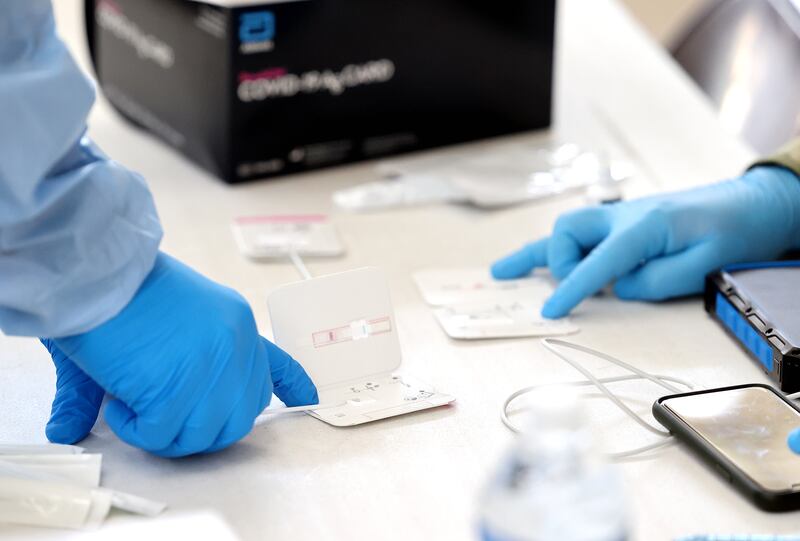The delta variant continues to dominate most of the new coronavirus cases across the United States, hitting both vaccinated and unvaccinated Americans. But are the delta variant symptoms any different than the normal variant of coronavirus?
What are the most common COVID-19 delta variant symptoms?
“The symptoms are really the same as before. It’s the headache, cough, fatigue, runny nose, fever — those kind of generalized flu-like symptoms,” Jonathan Leizman, chief medical officer of Premise Health, a health care company headquartered in Tennessee, recently told HuffPost
Some of the similar symptoms include:
- Cough.
- Loss of taste or smell.
- Fever.
Are there new COVID symptoms with the delta variant?
However, there are newer symptoms that appear to be more prevalent than previous ones, as I wrote for the Deseret News.
- “More people are seeing that COVID-19 is resulting in just common cold symptoms. You know, sore throat, runny nose. Not as much cough, higher fever, etc.,” Dr. Eddie Stenehjem, an infectious diseases physician with Intermountain Healthcare, recently told the Deseret News.
Helen Chu, associate professor of medicine at the University of Washington, recently told NPR that it’s hard to know why symptoms might be different “because the population that it’s infecting is not the same population that was infected in the prior waves.”
- Specifically, the new variant of coronavirus is hitting younger people. So, she told NPR, the change of symptoms might be because it’s infecting a different population than the original strain, which appeared to target the elderly and the vulnerable.
Angela Rasmussen, who works with the Vaccine and Infectious Disease Organization at the University of Saskatchewan in Canada, told NPR she hopes to see more data about new symptoms before making any conclusions.
- “This is already a disease that produces a pretty broad range of different clinical presentations in people,” she told NPR.


